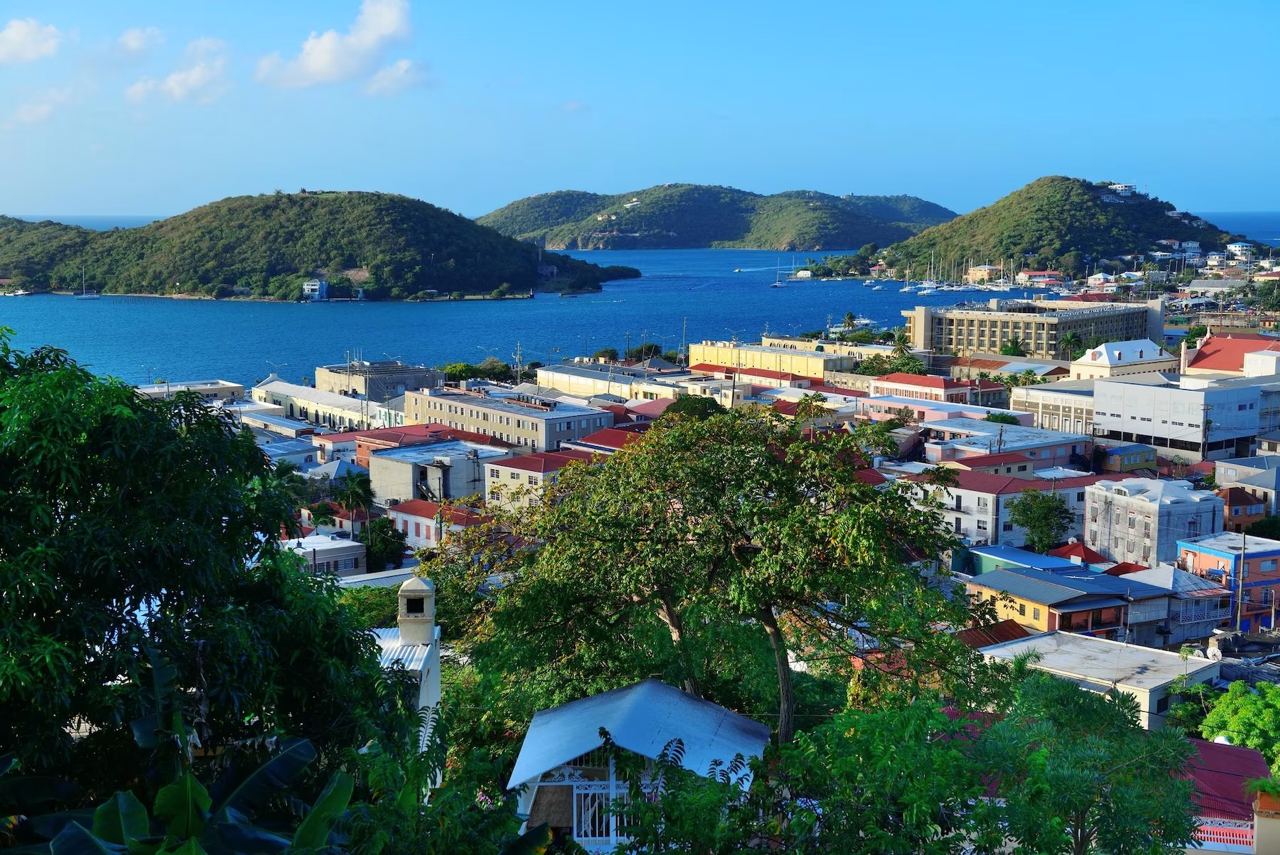Costa Rica, known for its stunning landscapes, biodiversity, and commitment to sustainability, is also emerging as a favorable destination for crypto and blockchain enthusiasts. With its progressive approach towards digital innovation, the country has taken significant steps to embrace crypto and establish a conducive environment for blockchain-based businesses. Central to this effort is the concept of a Cryptocurrency company in Costa Rica, a adjustment-framework that governs the operation of cryptocurrency-related activities within the country.
One of the key aspects of the Costa Rica crypto license is the regulation of crypto interchanges. These platforms act as intermediaries, facilitating the buying, selling, and trading of digital assets. Under the Cryptolicense, exchanges must adhere to strict Know Your Customer (KYC) and Anti-Money Laundering (AML) policies to prevent illicit activities and protect the integrity of the monetary system. By implementing these measures, Costa Rica aims to foster trust and legitimacy in the Costa Rica and Cryptocurrency market, attracting both local and international investors.
Additionally, the Cryptolicense framework addresses the issue of Initial Coin Offerings (ICOs). An ICO is a fundraising method used by blockchain-based projects to secure capital by selling tokens to investors. To protect investors from potential scams or fraudulent schemes, the Cryptolicense requires ICO issuers to provide accurate and transparent information about their projects.
Regulatory framework
Furthermore, crypto exchange license in Costa Rica establishes a adjustment-framework for crypto mining actions. Mining is the process by which new digital currencies are created and transfers are verified on the blockchain network. The licensing demands help ensure that mining activities comply with environmental regulations and do not negatively impact the country’s natural resources. This approach aligns with Costa Rica’s commitment to sustainability and responsible development.
In addition to regulatory measures, Costa Rica is actively promoting blockchain technology through various initiatives. The country has invested in educational programs, research centers, and partnerships with private sector entities to foster innovation and expertise in the field. By nurturing a skilled workforce and encouraging collaboration between academia and industry, Costa Rica aims to position itself as a hub for blockchain technology and attract entrepreneurs and businesses seeking a supportive ecosystem.
Requirements for obtaining a license
Obtaining a Cryptolicense in Costa Rica requires meeting certain demands set by the country’s regulatory authorities. While the specific details may be subject to change and it is advisable to consult with legal experts or regulatory bodies for the most up-to-date information, here are some general demands one might expect:
- Legal Entity: To obtain a Cryptolicense in Costa Rica, you typically need to establish a legal entity, such as a corporation or a limited liability company (LLC), which will serve as the vehicle for conducting cryptocurrency-related activities.
- Business Plan: A comprehensive business plan outlining the nature of your crypto operations, including details about the services you intend to provide, your target market, and your business model, may be required. The plan should demonstrate your understanding of the industry, your compliance measures, and your strategies for financial security and consumer protection.
- Conformity with AML/KYC Regulations: Costa Rica places a strong emphasis on anti-money laundering (AML) and know your customer (KYC) adjustments. As part of the Cryptolicense application process, you will need to demonstrate your commitment to implementing robust AML and KYC policies. This includes procedures for verifying the identity of your customers, monitoring transfers for suspicious activities, and reporting any potential illicit behavior.
- Financial Requirements: It is common for regulatory bodies to assess the monetary stability of applicants for a Cryptolicense. You may need to provide proof of sufficient capital or financial resources to Open a Cryptocurrency Company in Costa Rica and meet ongoing obligations.
- Security Measures: The protection of customer funds and data is of utmost importance in the cryptocurrency industry. As part of the licensing process, you may be required to outline your security measures, such as encryption protocols, secure storage of private keys, and cybersecurity measures to safeguard against hacking attempts and breaches.
- Compliance Officer: Designating a compliance officer within your organization demonstrates your commitment to regulatory compliance and ensures that someone is responsible for overseeing and implementing necessary measures to adhere to the law.
- Documentation and Records: You will likely need to submit various legal and corporate documents, such as the company’s articles of incorporation, shareholder and director information, tax identification numbers, and any other relevant permits or licenses.
- Physical Presence: Establishing a physical presence in Costa Rica, such as having an office or registered address within the country, may be a requirement for obtaining a Cryptolicense.
Conclusion
Costa Rica’s Cryptolicense exemplifies the country’s commitment to embracing digital innovation and positioning itself as a leading player in the blockchain industry. By implementing a robust adjustment-framework, fostering education and collaboration, and promoting sustainability, Costa Rica has created an environment that encourages responsible and inclusive growth in the crypto and blockchain sectors. As the industry continues to evolve, Costa Rica is well-positioned to attract entrepreneurs, investors, and innovators who seek a supportive and forward-thinking ecosystem for their blockchain ventures.
Is crypto legal in Costa Rica?
Yes, cryptocurrency is legal in Costa Rica. The state does not have specific legislation that prohibits the use or ownership of cryptocurrencies like Bitcoin. However, it is important to note that the adjustment environment for crypto is still developing, and there may be certain legal considerations and regulatory demands for business-companies and individuals engaged in cryptocurrency-related activities.
Is Costa Rica crypto tax free?
Costa Rica does not have specific adjustments or laws regarding crypto taxation. The country has not implemented a specific crypto tax regime, and there is currently no clear guidance on how crypto are treated for tax purposes.


